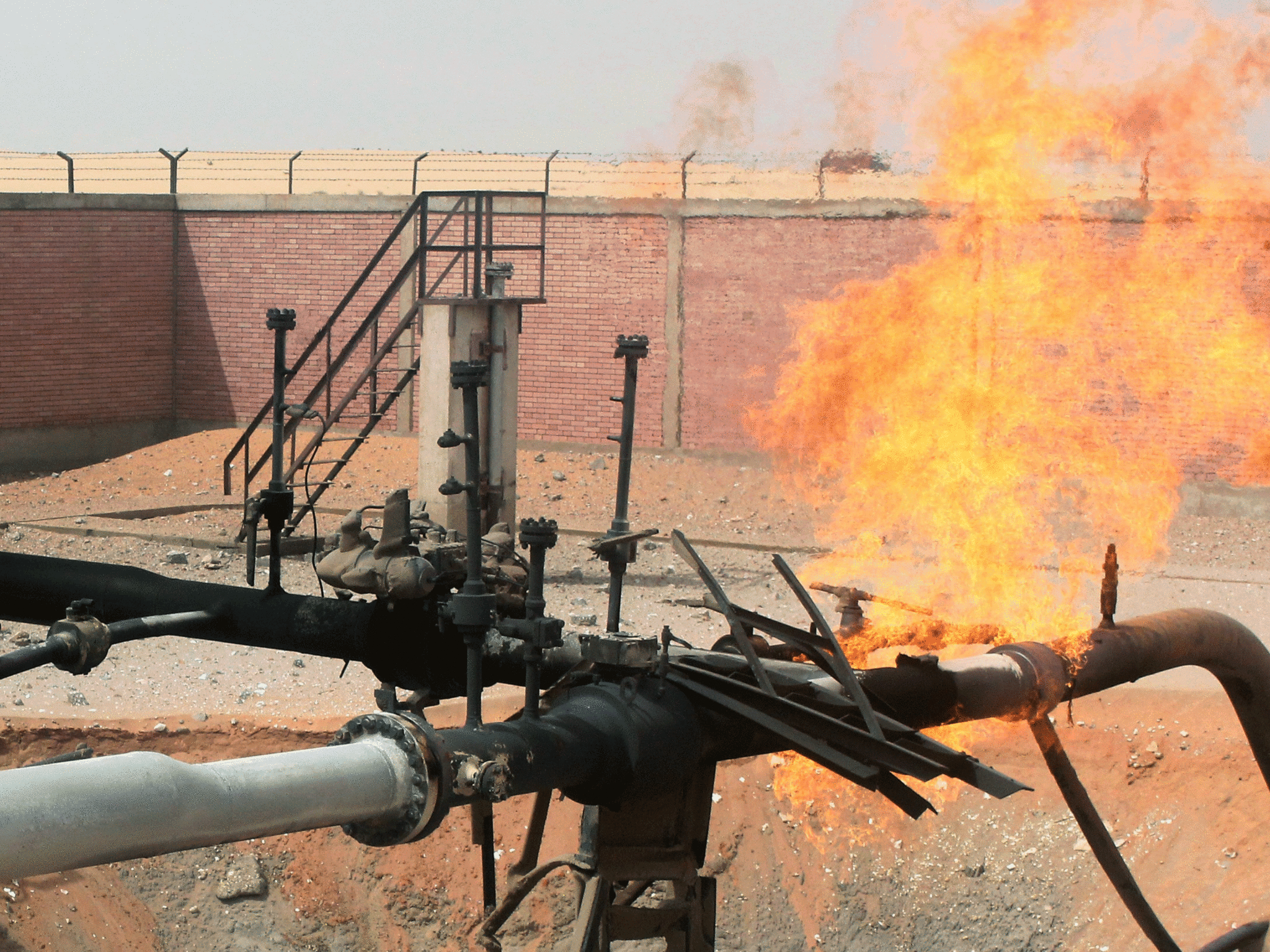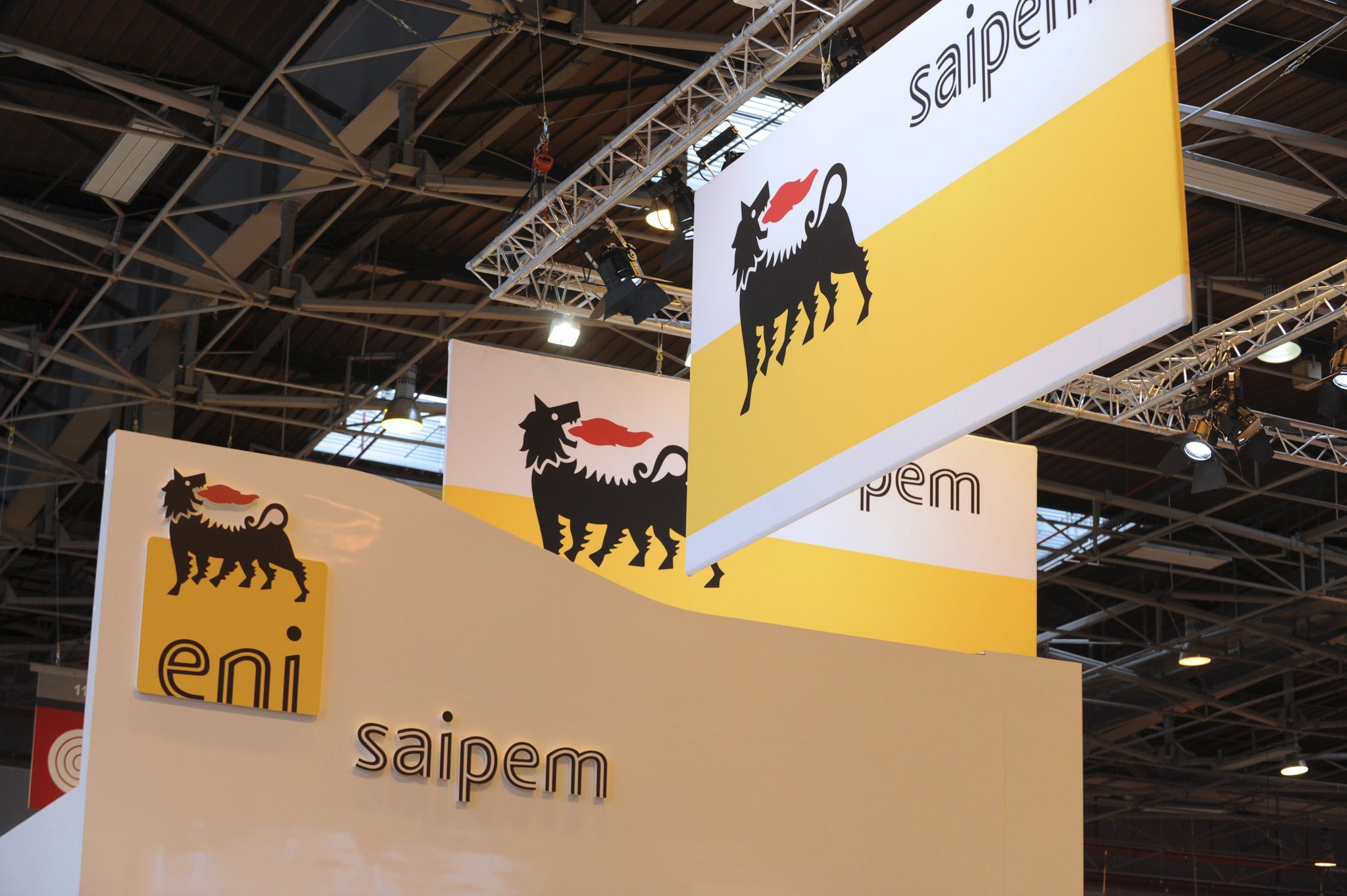'Supergiant' gas field discovered in the Mediterranean
The gas field was found in Egyptian waters and could help the country meet its energy needs for decades

The Mediterranean's largest known gas field has been discovered off the coast of Egypt by Italian energy group Eni, and could help the nation meets its energy needs for decades.
Eni said that the field was easily the largest in the Mediterranean Sea, and possibly holds up to 30 trillion cubic feet of gas -the equivalent of 5.5 billion barrels of oil.
The 'supergiant' gas field is near the northern coastal town of Port Said, and covers an area of 38.6 square miles (100 square kilometres) under the sea bed.
In a statement on their find, Eni said: "This exploration success will give a major contribution in satisfying Egypt's natural gas demand for decades."
Claudio Descalzi, the CEO of Eni, travelled to Cairo to bring the news to Egyptian President Abdel Fattah Al-Sisi, Prime Minister Ibrahim Mahlab and Petroleum Minister Sherif Ismail.
Eni now plan to fast-track the development of the site at the gas field, and said that yet more gas could still be discovered as drilling and explorations continue.
The discovery could have wide implications for the Mediterranean and the rest of Europe.
This potential new supply line could lessen Europe's dependency on gas from Russia if a pipeline is built, and could also help Egypt turn its energy fortunes around.

Through the Arab Gas Pipeline, Egypt is already a major gas exporter, but has become a net energy importer in recent years.
The state-owned gas company has rationed gas supplies to the country's industry, despite Egypt having the third-largest gas reserves in Africa.
The government has made efforts to improve its energy fortunes, but the discovery of this huge new gas field could be what is needed to improve the situation.
Join our commenting forum
Join thought-provoking conversations, follow other Independent readers and see their replies
Comments
Bookmark popover
Removed from bookmarks